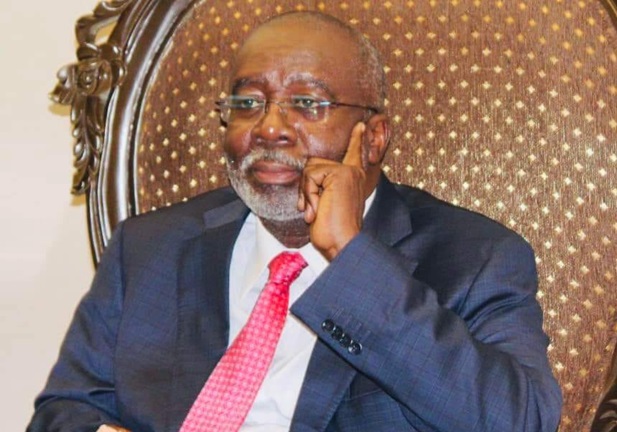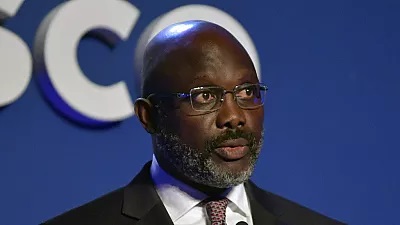MONROVIA – President Joseph Boakai is facing mounting criticism for his perceived lack of commitment to fighting corruption in Liberia. The spotlight on his administration intensified with Anderson D. Miamen, a prominent anti-corruption advocate, highlighting several key missteps on social media.
Miamen’s post on his official Facebook page outlined three significant actions—or lack thereof—that he believes undermine President Boakai’s anti-corruption agenda. Firstly, Miamen criticized the President for not publicly disclosing his assets, incomes, and liabilities, a move seen as essential to signal his commitment to transparency and accountability.
Secondly, Miamen took issue with the President’s office defending public officials who failed to declare their assets, incomes, and liabilities after more than four months in government. Instead of issuing warnings or punishments, the President’s Press Secretary defended these individuals, further eroding confidence in the administration’s anti-corruption stance.
Thirdly, Miamen highlighted the reduction of the budget allocated to the Liberia Anti-corruption Commission (LACC) in the draft 2024 national budget by over 200,000 USD. This decision contradicts the President’s rhetoric about leading a “robust anti-corruption” effort, with the LACC being a critical institution in this endeavor.
The Center for Transparency and Accountability in Liberia (CENTAL) Executive Director Miamen urged President Boakai to shake up and demonstrate his much-publicized “anti-corruption commitment.” However, CENTAL boss noted that little progress has been observed thus far, raising doubts about the President’s sincerity in tackling corruption.
Critics argue that President Boakai’s failure to address these issues undermines the credibility of his administration and erodes public trust. His reluctance to take decisive action against corruption sends a troubling message, especially considering his campaign promises of transparency and integrity.
The lack of transparency regarding the President’s own financial affairs casts doubt on his ability to lead an effective anti-corruption campaign. By failing to set an example, President Boakai risks alienating supporters and emboldening corrupt elements within his administration.
Moreover, the defense of officials who have not declared their assets further compounds concerns about accountability and reinforces perceptions of impunity. Instead of holding individuals accountable, the President’s office appears to shield them from scrutiny, fostering a culture of corruption.
The decision to slash the LACC’s budget sends a troubling signal about the government’s priorities. Cutting funding to the very institution tasked with combating corruption contradicts President Boakai’s rhetoric and raises questions about his commitment to real change.
As criticism mounts, President Boakai faces increasing pressure to address these concerns and take meaningful action against corruption. His credibility and the success of his administration hinge on his ability to uphold the principles of transparency, accountability, and integrity.
The Liberian public awaits concrete steps from President Boakai to demonstrate his commitment to fighting corruption and restoring trust in government institutions. Failure to do so risks further erosion of public confidence and undermines Liberia’s progress towards a more transparent and accountable society.







